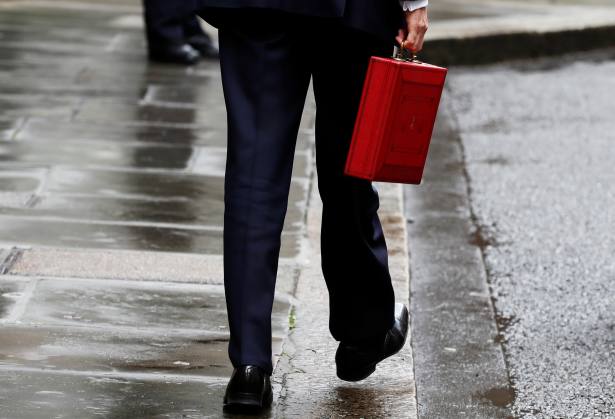- For July to September 2017, 75 per cent of people aged from 16 to 64 were in work, up from 74.4 per cent a year earlier.
- For July to September 2017, there were 32.06 million people in work
- This was 14,000 fewer than for April to June 2017, but 279,000 more than for a year earlier.
Mr Hammond also reiterated pledges to boost the national living wage, which was introduced in 2016.
From April 2018, this is set to rise 4.4 per cent, from £7.50 an hour to £7.83, “handing full-time workers a further £600 pay increase”, Mr Hammond told the house.
Yet real wages are still falling behind inflation; the average CPI in 2017 is 2.8 per cent, according to the ONS, while the average rate of wage growth is at 2.2 per cent.
For Ms Stewart, the downward revision on GDP and productivity might help to keep inflation at bay.
She says: “The downgrades of the UK’s productivity forecasts are also likely to offset any inflationary pressures from the increases in the National Living Wage, as will the freezing of duty on alcohol and air fares. Market inflation expectations were a little lower as a result.”
This might come as good news to ordinary investors, who have seen the real value of their cash savings eroded by a combination of low growth and creeping inflation.
Trickle up theory
Yet even with the Budget pledges to boost wages, provide more affordable homes, inject capital into the UK economy and remove stamp duty land tax for first-time buyers on properties worth £300,000 (or £300,000 on properties worth up to £500,000 in London and the south east), this might not be enough to make the pound in people’s pockets reach the parts of the economy that fiscal stimulus cannot.
Tim Walford-Fitzgerald, private client tax partner at HW Fisher & Company, sounds a note of caution: “Such a huge stimulus for the property market – both the immediate cut in Stamp Duty and the long-term largesse for housebuilders – should inject some life into a market that has been weighed down by weakening sentiment and falling real wages.
"But the ‘trickle up’ theory, that firing up first-time buyers is the key to lifting the market as a whole, is far from infallible – and the OBR’s increasingly doom-laden economic outlook could reduce its impact.
"If people’s real wages are falling and property prices remain out of reach, the prospect of saving a few thousand pounds on stamp duty will do little to help would-be buyers save enough for a deposit.”
Likewise, the OBR has treated the stamp duty announcement with caution, saying it will only push house prices up, and not benefit the first-time buyer at all.







